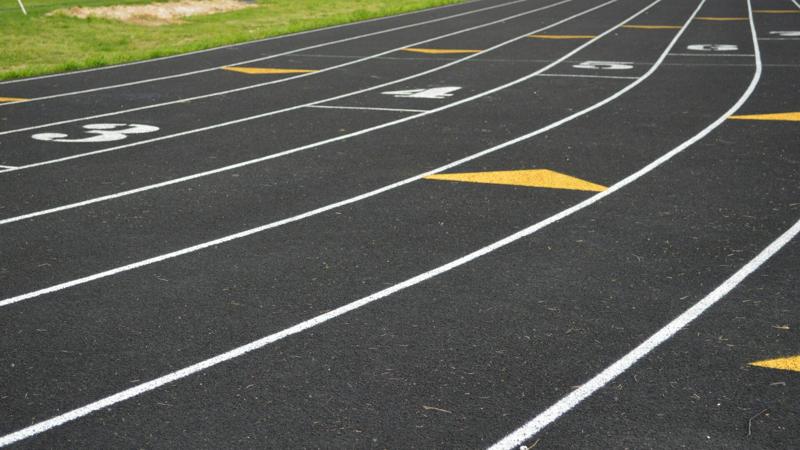Female athletes are resolutely voicing their support for the USA Powerlifting’s decision to uphold fairness in women’s competition.
Idaho State University track athlete Madison Kenyon, Belmont University track athlete Chelsea Mitchell and former amateur powerlifter Beth Stelzer have each shared their personal experiences in a brief to the Minnesota Supreme Court. They illustrate the challenges female athletes face in today’s climate, where success in sports separated by gender is hindered by political correctness and inclusivity, and where voicing frustrations about opportunity and years of dedication can be often ignored.
The choice to maintain fairness in women’s sports has significant implications for the future of women’s sports, prompting Alliance Defending Freedom Legal Counsel attorneys to file a brief with the Minnesota Supreme Court in Cooper v. USA Powerlifting on behalf of Kenyon and other female athletes.
“USA Powerlifting is right to protect women’s competition,” said Alliance Defending Freedom Legal Counsel Rachel Rouleau in a statement. “Its decision to protect the women’s division underscores its commitment to ‘the honor and integrity of competitive powerlifting’ and to ‘provide a fair platform for competition.’ Alliance Defending Freedom represents many female athletes who are all too familiar with losing medals, rankings, and elite opportunities because a bigger, stronger, and faster male athlete was allowed to compete against them.”
According to its website, Alliance Defending Freedom is a nonprofit legal organization that builds alliances to protect religious freedom, free speech, parental rights, and the sanctity of life.
The decision is being held firm by USA Powerlifting after JayCee Cooper, a transgender female, sued USA Powerlifting in 2021 after the organization denied a participation request in 2018. Transgender woman means a person assigned the male sex at birth who identifies and lives femininely.
USA Powerlifting says it bans transgender women from participating due to fairness. Cooper said the organization violated the Minnesota Human Rights Act, which is an anti-discrimination law, including gender identity.
“As we explain in our brief on behalf of several of these athletes, science shows the clear physiological and athletic performance advantages that males have over women and girls,” Rouleau said. “This advantage is particularly marked in strength sports like powerlifting. Women across the country are courageously standing up to preserve sex-defined female competitive divisions in athletics as the only means to provide equal opportunities for women and girls to experience fair competition, safety, and success in athletics. We urge the Minnesota Supreme Court to do right by all athletes and protect the women’s division in sports.”
Kenyon ran on the track and cross-country teams at Idaho State University and was defeated by June Eastwood. Eastwood had previously competed for three years on the Montana State University men’s cross country team.
Kenyon lost five separate times to a male competing in the female division.






